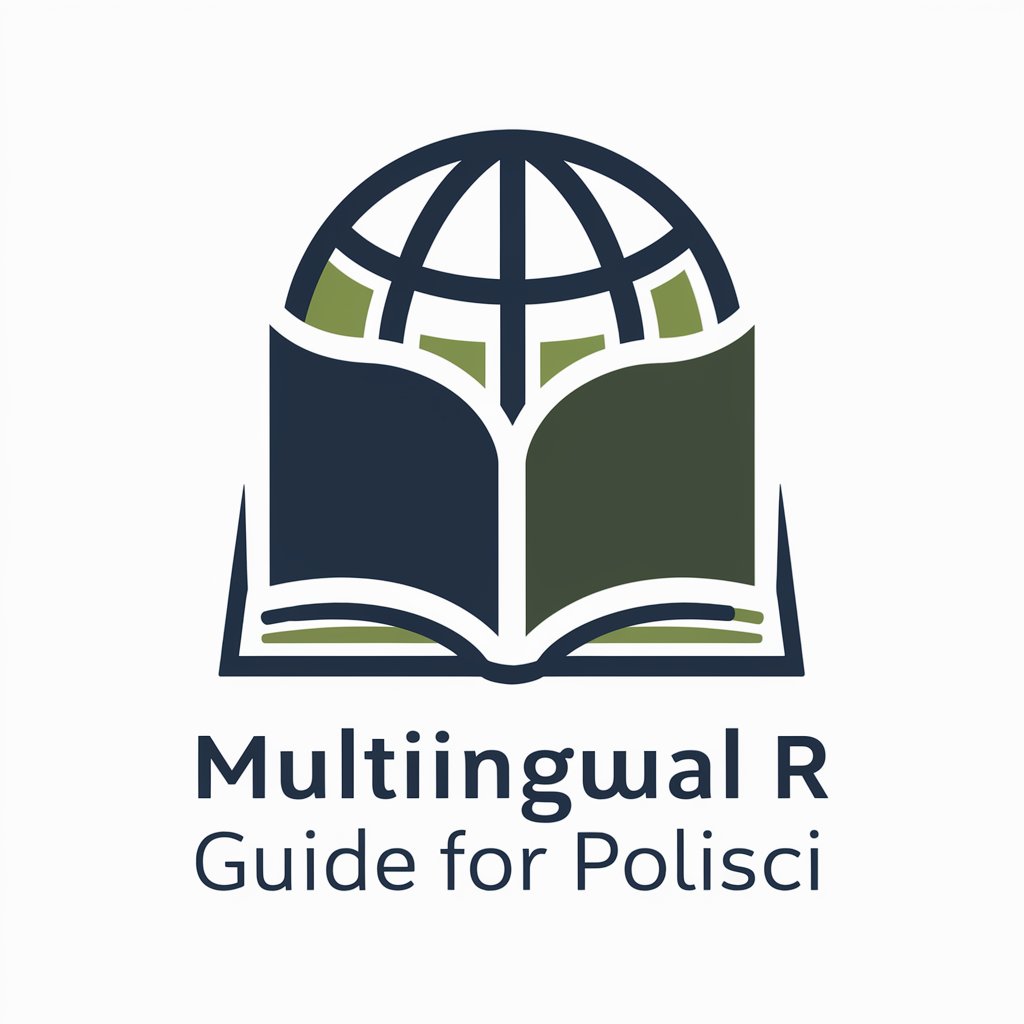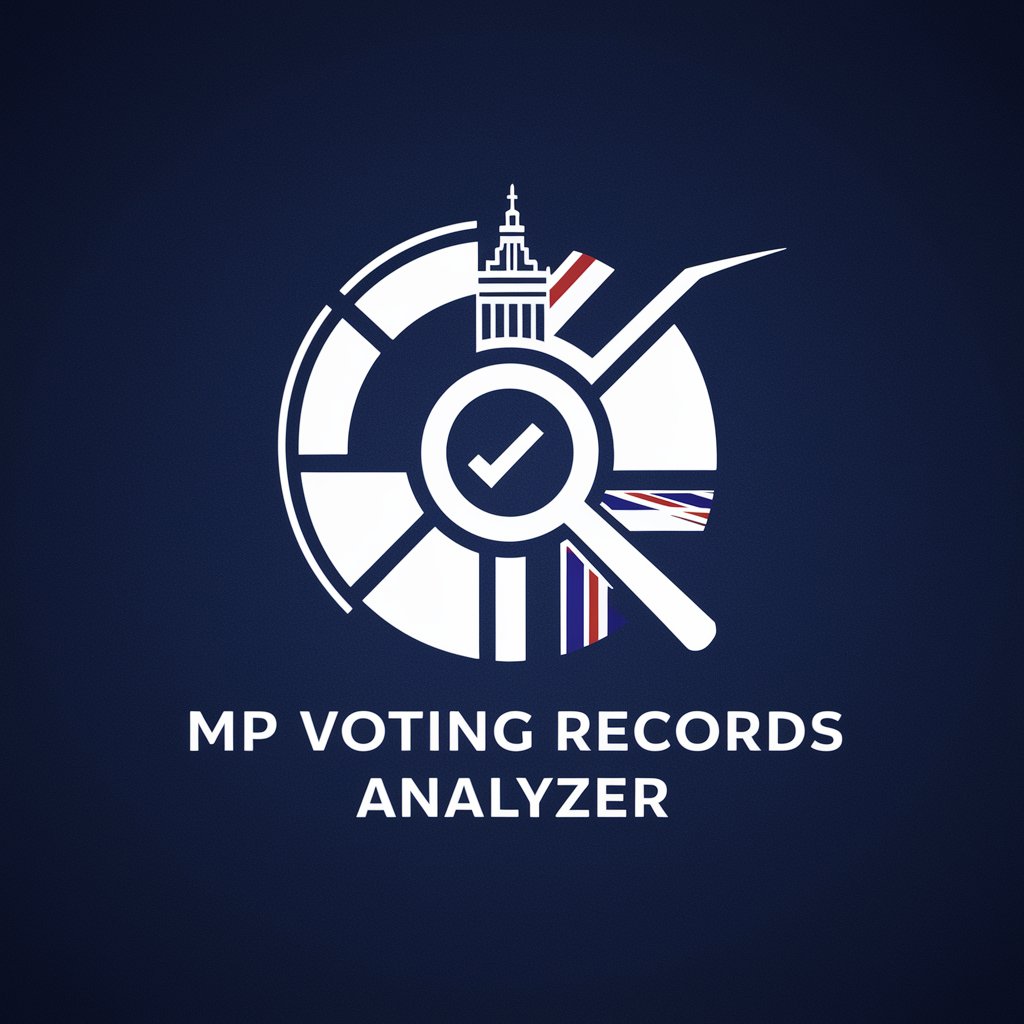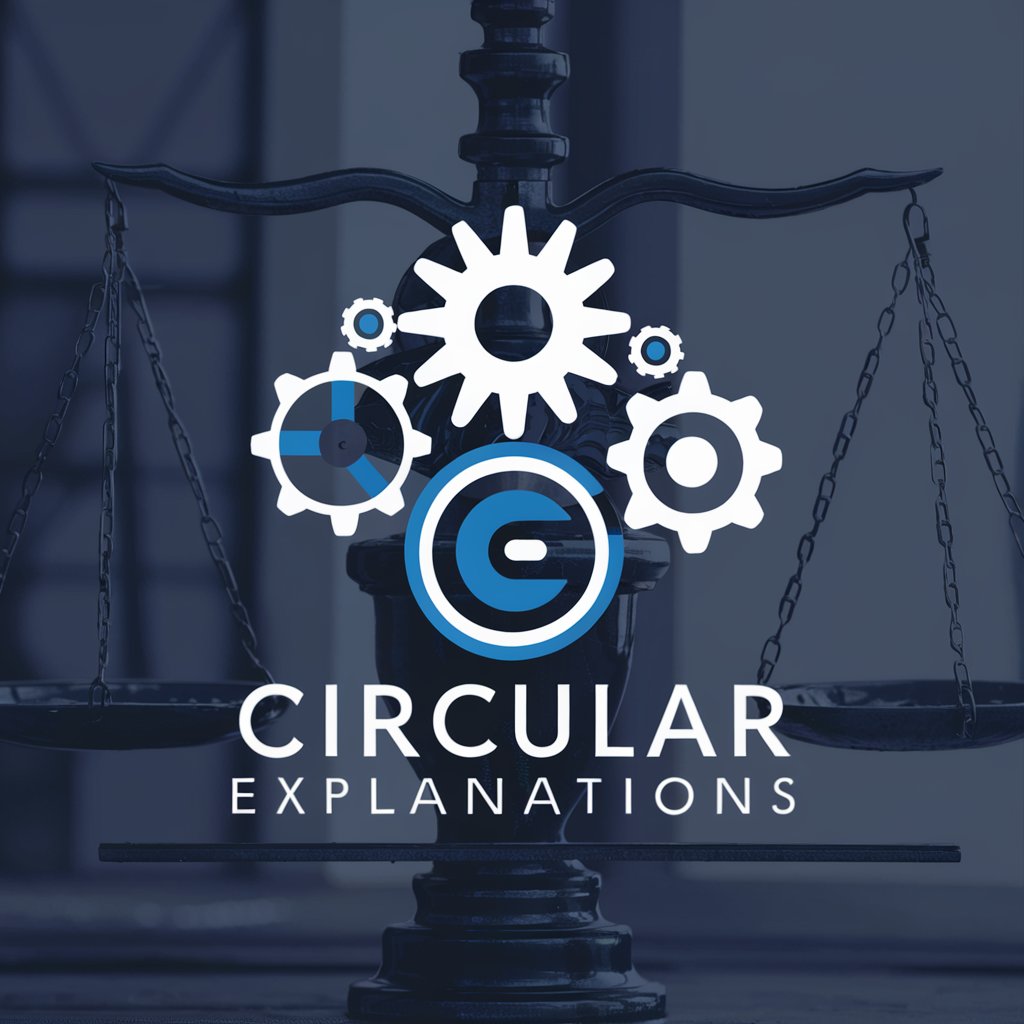11 GPTs for Political Science Powered by AI for Free of 2026
AI GPTs for Political Science are advanced computational tools designed to support and enhance research, analysis, and education in the field of political science. Leveraging Generative Pre-trained Transformers (GPTs), these tools are tailored to handle a wide range of tasks specific to political science, from analyzing political texts and speeches to simulating political scenarios and predicting election outcomes. Their ability to process and generate human-like text makes them invaluable for exploring complex political theories, conducting content analysis, and facilitating a deeper understanding of political dynamics.
Top 10 GPTs for Political Science are: Comparador Constitucional Chile,Multilingual R Guide for PoliSci,Parliament Analyzer,VPs of the United States in the 20th Century,Minerva,Senate,Circular Explanations,Clay Davis-GPT,Biden Achievements Explorer,NaMo GPT
Comparador Constitucional Chile
AI-powered Chilean constitutional analysis

Multilingual R Guide for PoliSci
Empower your political science research with AI-driven R learning.

Parliament Analyzer
Unveiling Political Trends with AI

VPs of the United States in the 20th Century
Explore 20th Century VPs with AI

Minerva
Revolutionizing essay feedback with AI power.

Senate
Empowering legislative understanding with AI

Circular Explanations
Unlocking government intricacies with AI

Clay Davis-GPT
Experience the iconic Clay Davis wit, powered by AI

Biden Achievements Explorer
AI-powered insights into Biden's presidency

NaMo GPT
Your AI guide to Modi's initiatives

Jimmy Carter AI
Explore Presidential Insights with AI

Distinctive Attributes and Functionalities
AI GPTs for Political Science boast a range of unique features tailored to the domain. These include sophisticated language models trained on political science literature, enabling them to understand and generate text related to political concepts and terminology. Adaptability is key, with tools ranging from basic question-answering functions to complex predictive modeling. Special features might encompass language learning for multilingual analysis, technical support for integrating with existing research databases, enhanced web searching for real-time political news analysis, image creation for visualizing political data, and data analysis capabilities for identifying trends and patterns in political behavior.
Who Benefits from Political Science AI Tools
The primary users of AI GPTs for Political Science include students, educators, researchers, policymakers, and journalists within the political science field. These tools are designed to be accessible to novices without coding skills, providing user-friendly interfaces for complex data analysis and content generation. At the same time, they offer customization options for developers and professionals who require more specialized functionalities, making them versatile tools for a wide range of applications in political science.
Try Our other AI GPTs tools for Free
Casting Research
Discover how AI GPTs are revolutionizing the casting process, offering precise talent matching, efficiency, and innovative solutions for the entertainment industry.
Theater Production
Discover how AI GPTs for Theater Production are revolutionizing scriptwriting, design, and audience engagement, offering tailored solutions for the creative arts.
HR Screening
Discover AI GPTs for HR Screening - a revolutionary AI tool transforming the recruitment process with efficiency, objectivity, and adaptability.
Developer Outreach
Discover how AI GPTs revolutionize developer outreach, offering personalized support, automated content creation, and seamless integration to foster vibrant developer communities.
Campaign Support
Discover how AI GPTs for Campaign Support transform campaign management with tailored solutions, enhancing efficiency and effectiveness in marketing, political, and advocacy campaigns.
Blood Sugar Tracking
Discover how AI GPT tools for Blood Sugar Tracking transform diabetes management through personalized insights and seamless integration with health devices.
Expanding Horizons with AI in Political Science
AI GPTs represent a paradigm shift in political science research and education, offering tools that can adapt to the evolving landscape of political discourse. Their integration into traditional research methodologies enhances the ability to analyze complex data sets, simulate political scenarios, and engage with political texts in innovative ways. User-friendly interfaces ensure that these powerful tools can be leveraged by a broad audience, promising to democratize access to advanced political analysis and insight.
Frequently Asked Questions
What exactly are AI GPTs for Political Science?
AI GPTs for Political Science are artificial intelligence tools designed to process and generate text for tasks related to political science, using advanced machine learning models known as Generative Pre-trained Transformers.
How can AI GPTs enhance political science research?
They can analyze vast amounts of political data, identify trends, predict election outcomes, and provide insights into political discourse, significantly enhancing research efficiency and depth.
Can AI GPTs predict election outcomes accurately?
While AI GPTs can analyze trends and data to make predictions, their accuracy depends on the quality of data and the complexity of the model. They provide insights rather than definitive outcomes.
Are these tools accessible to those without programming skills?
Yes, AI GPTs for Political Science are designed with user-friendly interfaces, making them accessible to individuals without coding expertise.
Can developers customize these AI tools for specific tasks?
Yes, developers can customize these tools for specific research needs or integrate them into larger systems, thanks to their flexible APIs and programming interfaces.
What types of tasks can AI GPTs perform in political science?
Tasks range from content generation, such as writing articles or summaries, to complex data analysis, including sentiment analysis, trend identification, and scenario simulation.
How do these AI tools handle different languages?
Many AI GPTs for Political Science are equipped with multilingual capabilities, allowing them to process and generate content in various languages, which is crucial for comparative political research.
What makes AI GPTs different from traditional research methods in political science?
AI GPTs can process information at a scale and speed unattainable by traditional research methods, providing novel insights and facilitating a deeper understanding of complex political phenomena.